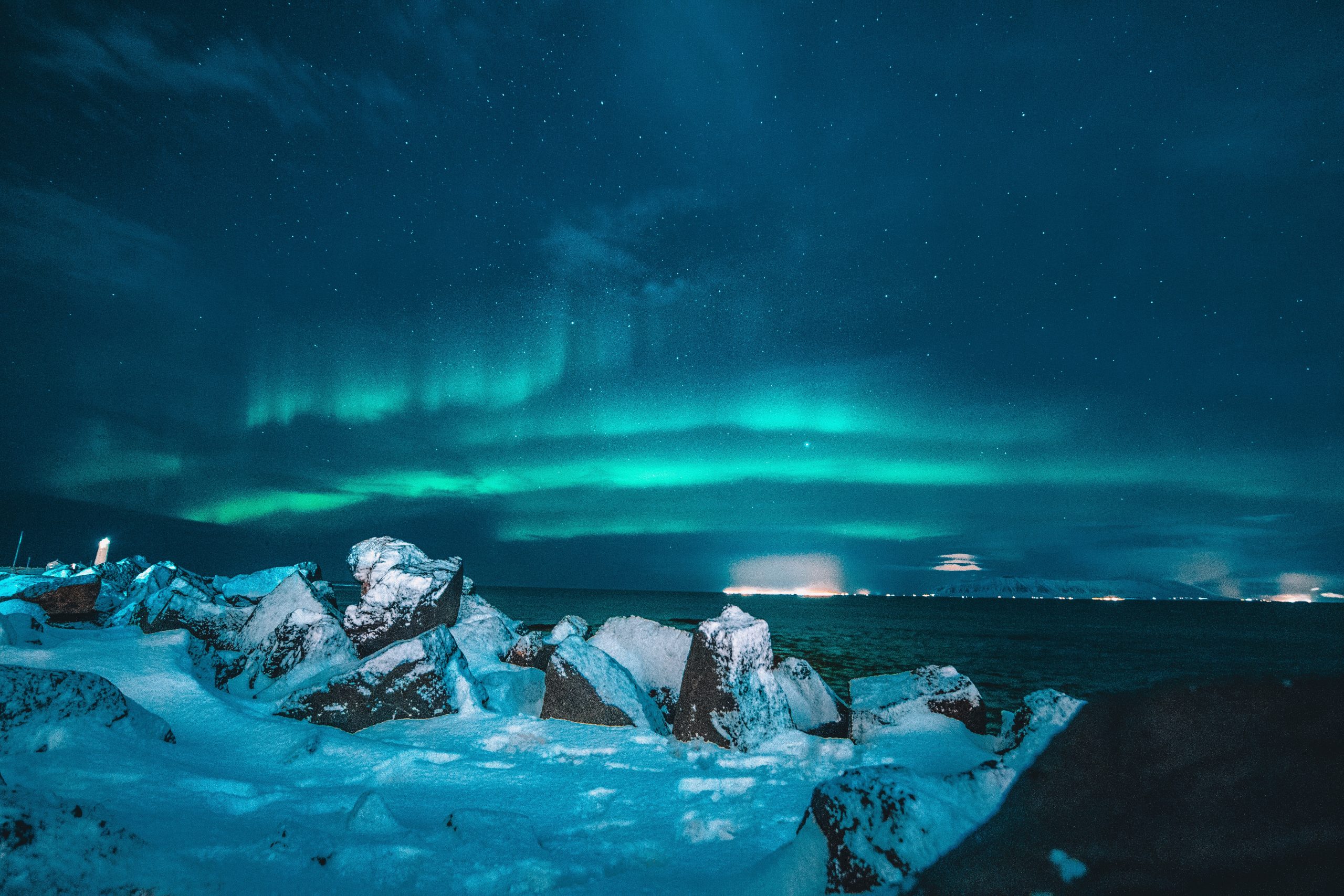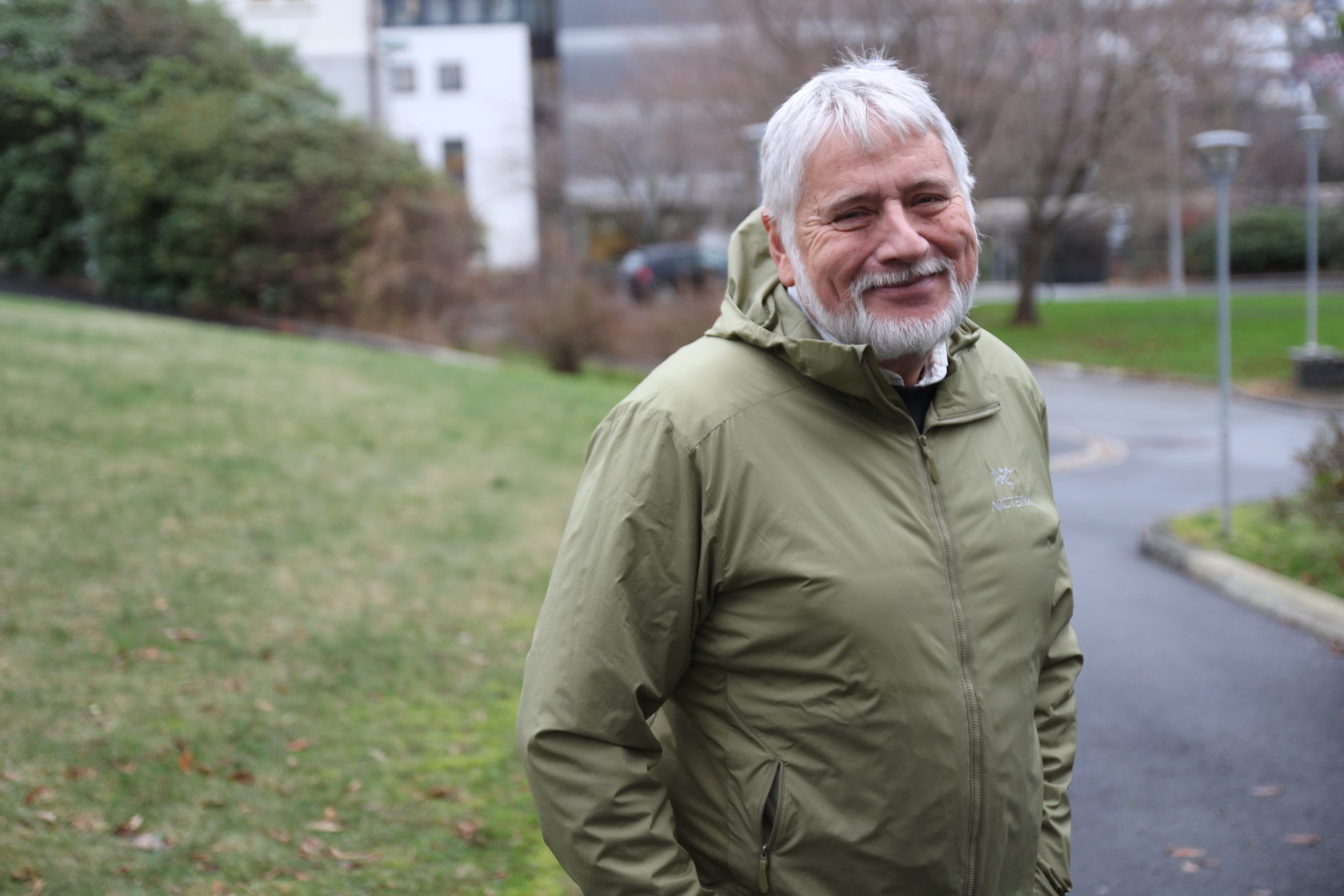
Hub director Eystein Jansen wishes all members a peaceful and relaxing holiday period, in the hope that next year will see the world coming a bit back to its senses.
I am writing to you after the first snowfall in Bergen and after an unusually dry and sunny autumn. This coincides with the opening of COP28, that will provide a stocktake of how countries are living up to their pledges to reduce greenhouse gas emissions. Despite the need for urgency, the status unfortunately looks as bleak as an early winter day in the high North.
Our work and daily life, both as citizens and scientists, are severely impacted by the geopolitical situation characterised by increased conflicts and turmoil. This has had an impact on the activities of the AE Bergen Hub and will continue to do so in the years to come. We cannot perform our research in isolation. Scientists must provide and share their knowledge but should if possible, also engage in opportunities to use research and scientific collaboration to reduce tensions through cross-border contacts – thus participate in what is often called ‘science diplomacy’. One of our Hub’s main strategic priorities has always been ‘the Arctic’, and scientific cooperation in this area is now highly affected by the full-scale Russian invasion of Ukraine.
Our focus has been the fate of scientific collaboration and scientific studies in the Arctic as it has changed dramatically due to both the war and the following sanctions. Throughout 2022 and 2023 our Hub has organised a project where we have analysed some of the effects through, amongst other sources, interviews with many of the stakeholders in Arctic Research. We also held a successful event with key stakeholders at the 2023 Arctic Frontiers conference. This led to a report which is published on our website. We have also been discussed this issue on SAPEA’s podcast.
A critical effect of the Russian invasion is the loss of key scientific data from the Arctic. Russia covers about 40% of the Arctic and the region is undergoing a huge transformation as global warming continues. We really need data to assess the situation, as 2023 is by far the warmest year ever recorded, with global temperatures more than 2 degrees above pre-industrial levels.
We will follow up our engagement with a new project called ‘Rethinking Arctic Collaboration’, which will launch before Christmas. The project is funded by UArctic and with support from our host University of Bergen. This project includes academic and non-academic partners from Canada, USA and Europe, who will seek knowledge from experts and stakeholders to further map the situation and hopefully advise as to how scientific collaboration and science diplomacy can be recovered again.
Continuing an important outreach activity from previous years, our Hub has organised a series of lectures throughout 2023in cooperation with academies such as The Norwegian Academy of Technological Sciences and The Norwegian Academy of Science and Letters. Topics have included the evolutionary meaning of cancer, seabed mining and biodiversity conservation, Arctic Ocean Policyand nature and sustainability.
I’d like to use this opportunity to wish new members from the Nordic/Baltic region a warm welcome. I hope you will engage with AE and with our Hub. We welcome your suggestions in terms of topics, events and initiatives that you think AE and/or our Hub should engage in.

Eystein Jansen, Academic Director of the AE-Bergen Hub.
I also urge our members to nominate new members. We need an influx of active younger scholars from all fields. Our Hub provides communication and administrative support for the Young Academy of Europe. We see this as a fruitful means of supporting the activity and integration of young scholars into AE activities.
One activity I am personally very hopeful for, is the work of the AE Task Force on Environment, Sustainability and Climate (TFESC), which I am part of. The Task Force came about after undertaking a poll to gauge interest from our membership. The Task Force held a highly effective workshop in Cambridge in September, the outcomes of which were presented at the AE Annual Meeting in Munich in October. We first aim to spearhead an initiative in the area of a sustainable food system, and more initiatives will follow.
This year I have taken over as Vice-President of the ERC, with responsibilities for the physical sciences and engineering comain of this fantastic organisation which has such a key role in European research. There are many ways that connect the work in AE and our Hub with the goals and aspirations of the ERC. One way I hope to do this is to involve both the AE and the ERC in the International Decade for Science for Sustainability, a recent initiative by the UN General Assembly.
I wish all our members a peaceful and relaxing holiday period, in the hope that next year will see the world coming a bit back to its senses.
Eystein
